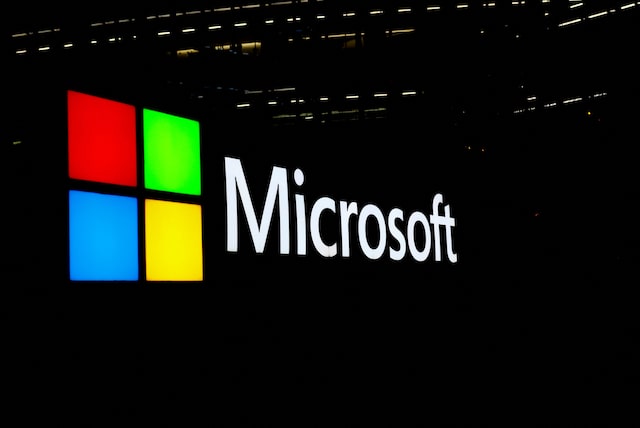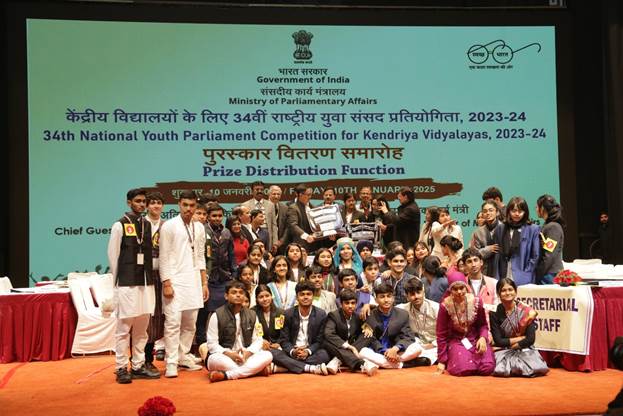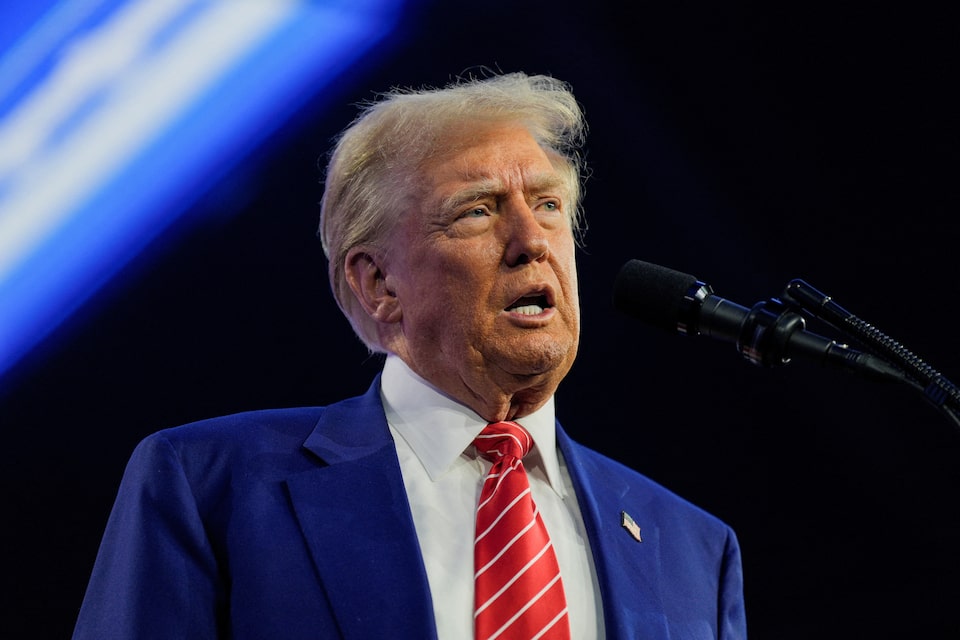A view shows a Microsoft logo at Microsoft offices in Issy-les-Moulineaux near Paris, France, March 25, 2024. REUTERS
Summary
- Competitors complain Microsoft locks customers into its cloud service
- FTC earlier set the stage for a probe into Microsoft’s role in AI market
- Investigation’s future uncertain under the Trump administration
Nov 27 (Reuters) – The U.S. Federal Trade Commission has opened a broad antitrust investigation into Microsoft (MSFT.O), including of its software licensing and cloud computing businesses, a source familiar with the matter said on Wednesday.
The probe was approved by FTC Chair Lina Khan ahead of her likely departure in January. The election of Donald Trump as U.S. president, and the expectation he will appoint a fellow Republican with a softer approach toward business, leaves the outcome of the investigation up in the air.
The FTC is examining allegations the software giant is potentially abusing its market power in productivity software by imposing punitive licensing terms to prevent customers from moving their data from its Azure cloud service to other competitive platforms, sources confirmed earlier this month.
The FTC is also looking at practices related to cybersecurity and artificial intelligence products, the source said on Wednesday.
Microsoft declined to comment on Wednesday.
Competitors have criticized Microsoft’s practices they say keep customers locked into its cloud offering, Azure. The FTC fielded such complaints last year as it examined the cloud computing market.
NetChoice, a lobbying group that represents online companies including Amazon and Google, which compete with Microsoft in cloud computing, criticized Microsoft’s licensing policies, and its integration of AI tools into its Office and Outlook.
“Given that Microsoft is the world’s largest software company, dominating in productivity and operating systems software, the scale and consequences of its licensing decisions are extraordinary,” the group said.
Google in September complained to the European Commission about Microsoft’s practices, saying it made customers pay a 400% markup to keep running Windows Server on rival cloud computing operators, and gave them later and more limited security updates.
The FTC has demanded a broad range of detailed information from Microsoft, Bloomberg reported earlier on Wednesday.
The agency had already claimed jurisdiction over probes into Microsoft and OpenAI regarding competition in artificial intelligence, and started looking into Microsoft’s $650 million deal with AI startup Inflection AI.
Microsoft has been somewhat of an exception to U.S. antitrust regulators’ recent campaign against allegedly anticompetitive practices at Big Tech companies.
Facebook owner Meta Platforms (META.O), Apple (AAPL.O), and Amazon.com Inc. (AMZN.O), have all been accused by the U.S. of unlawfully maintaining monopolies.
Alphabet’s (GOOGL.O), Google is facing two lawsuits, including one where a judge found it unlawfully thwarted competition among online search engines.
Microsoft CEO Satya Nadella testified at Google’s trial, saying the search giant was using exclusive deals with publishers to lock up content used to train artificial intelligence.
It is unclear whether Trump will ease up on Big Tech, whose first administration launched several Big Tech probes. JD Vance, the incoming vice president, has expressed concern about the power the companies wield over public discourse.
“The Trump administration was an aggressive enforcer of the antitrust laws,” said Andre Barlow, a lawyer with Doyle Barlow & Mazard, noting it filed suits against Google and Facebook.
“When administrations change, the agencies do not necessarily drop ongoing investigations,” he added, noting that “changes in administration can lead to evolving enforcement priorities and shifts in how aggressively certain types of conduct are scrutinized.”
Still, Microsoft has benefited from Trump’s policies in the past.
In 2019, the Pentagon awarded it a $10 billion cloud computing contract that Amazon had widely been expected to win. Amazon later alleged that Trump exerted improper pressure on military officials to steer the contract away from its Amazon Web Services unit.
Reporting by Jody Godoy in New York; additional reporting by Chris Sanders; editing by Jonathan Oatis, Richard Chang, Alistair Bell and Sonali Paul





